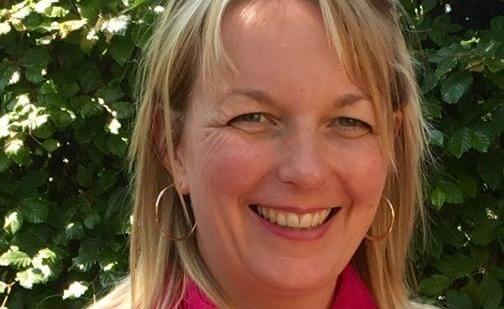How Counselling Can Help After Bereavement
1 Being able to share your story with a counsellor who is impartial and who did not know your special person. Allows you the freedom to speak without interruption, contradiction or fear of upsetting the person you are talking to.
2 Remembering the times you spent with the person. What kind of person they were. What did you do together? Sharing your experience of the person good and bad helps you to process what you have lost.
3 Sharing memories of who you were when you were with that person. Your identity in relation to them for example; a son, daughter, sister, brother, husband, wife, friend…
4 Finding support to celebrate their life. Discussing your spiritual beliefs. Do you follow a religion, culture, or system of beliefs which helps you to cope with their loss?
5 Being able to stop and feel the loss of your loved one with support. Sharing your emotions and being accepted as having these feelings can be extremely beneficial, especially if there is conflict in other areas of your life.
6 Discussing what happened at the end of their life helps us understand our role more and any difficult circumstances. There maybe regrets and blame associated with this. Having the chance to express this will help you put it into perspective.
7 After they died sharing how this affected you. Are you anxious? Feeling less supported? Lost? Depressed? Lethargic? Low? Not caring about yourself?
8 Who are you now without your special person? Has your identity changed? Have you taken on a different role in place of the special person? For example caring responsibilities, providing the family get togethers. Are you enjoying this or resenting it?
9 What ways would you like to celebrate their life? For example lighting a candle on their birthday, visiting a place you used to go to together, being sponsored for a related charity or making an effort to talk about them to the people who also knew them.
10 Looking at what’s in store for you in the future and how this can be developed in your time. Looking at how you want to live now and in the future. Moving into acceptance of what has happened and progressing forward.
Nicola is a Counsellor at The Eaves. She works with adults and young people from 16 years + with a variety of issues. If you would like to contact Nicola, please visit her profile on our website and use the enquiry form or telephone number to contact directly.

